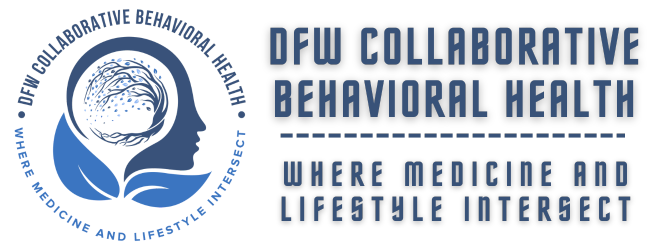Coping with mood disorders, depression, bipolar disorder, anxiety disorders, PTSD, OCD, and ADHD without medication can be challenging but is possible. Here are some strategies that adults can use to cope:
- Therapy: Psychotherapy, such as cognitive-behavioral therapy (CBT), can help individuals develop coping mechanisms, challenge negative thought patterns, and manage symptoms effectively.
- Support Groups: Joining support groups can provide a sense of community and understanding, as well as an opportunity to share experiences and coping strategies with others facing similar challenges.
- Regular Exercise: Physical activity can help reduce symptoms of depression, anxiety, and ADHD by releasing endorphins and improving overall well-being. Activities like yoga and tai chi can also help reduce stress and anxiety.
- Healthy Diet: Eating a balanced diet rich in fruits, vegetables, whole grains, and lean proteins can help support overall mental health and well-being.
- Sleep Hygiene: Prioritizing good sleep habits, such as maintaining a regular sleep schedule, creating a relaxing bedtime routine, and ensuring a comfortable sleep environment, can help improve mood and reduce symptoms.
- Stress Management Techniques: Learning and practicing stress-reduction techniques such as mindfulness meditation, deep breathing exercises, or progressive muscle relaxation can help reduce symptoms of anxiety, PTSD, and OCD.
- Routine and Structure: Establishing a daily routine and maintaining a structured schedule can help individuals with ADHD manage their time effectively and reduce feelings of overwhelm.
- Limiting Alcohol and Caffeine: Alcohol and caffeine can negatively impact mood and anxiety levels. Limiting or avoiding these substances can help improve overall mental health.
- Creative Outlets: Engaging in creative activities such as art, music, or writing can provide a healthy outlet for expressing emotions and reducing stress.
- Mindfulness and Relaxation Techniques: Practicing mindfulness can help individuals stay present and reduce symptoms of anxiety and depression. Relaxation techniques such as deep breathing, progressive muscle relaxation, and visualization can also be beneficial.
It’s important to remember that coping strategies can vary from person to person, and what works for one individual may not work for another. It may be helpful to work with a mental health professional to develop a personalized coping plan tailored to your specific needs and circumstances.



